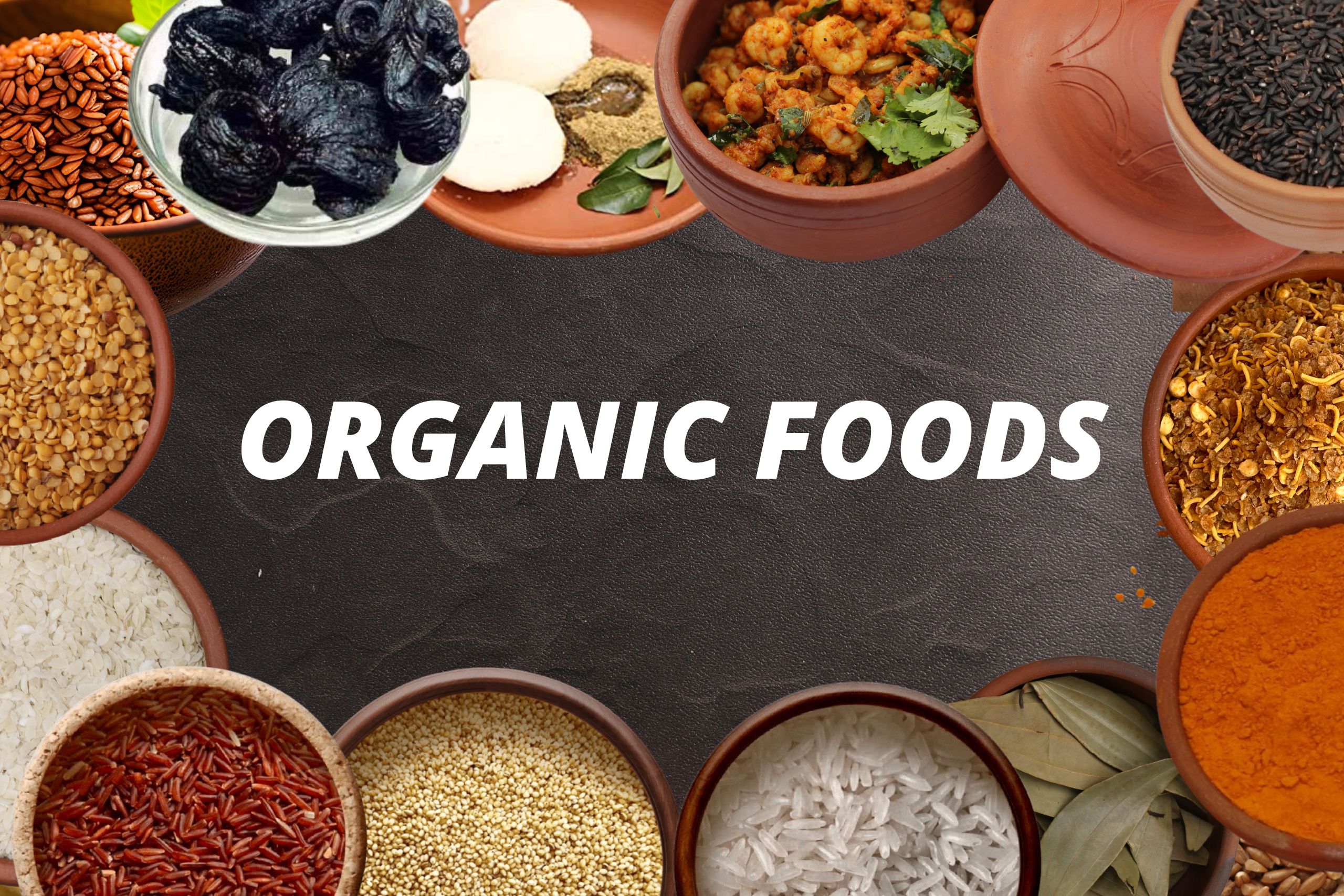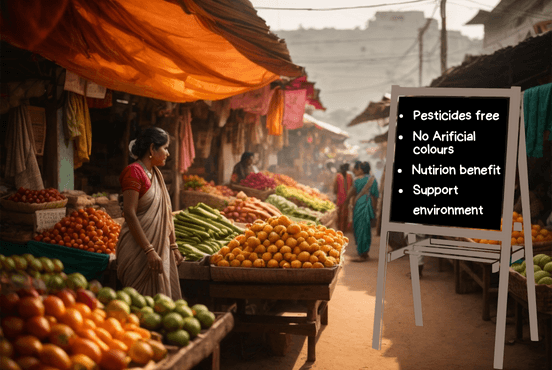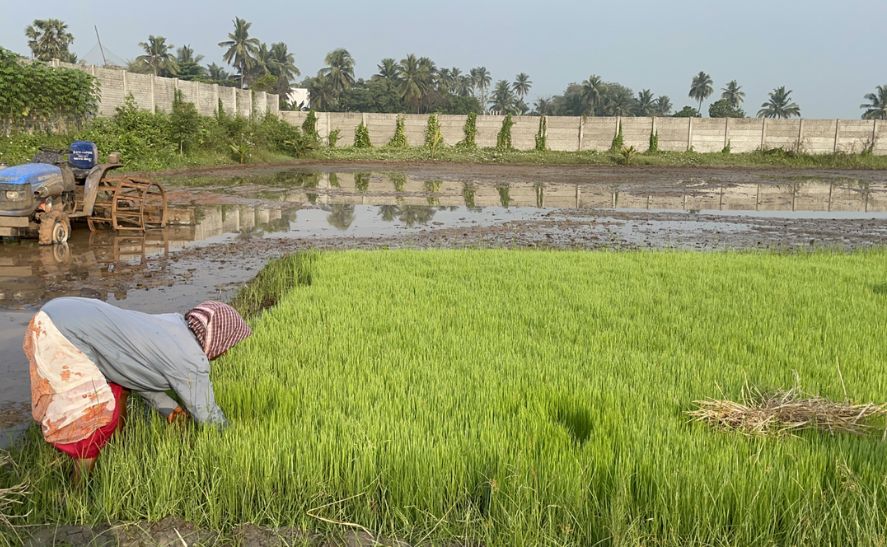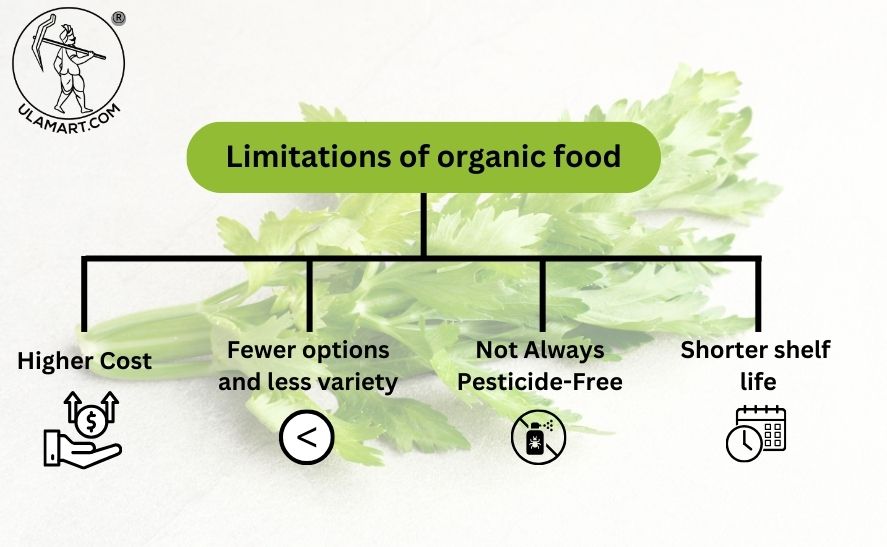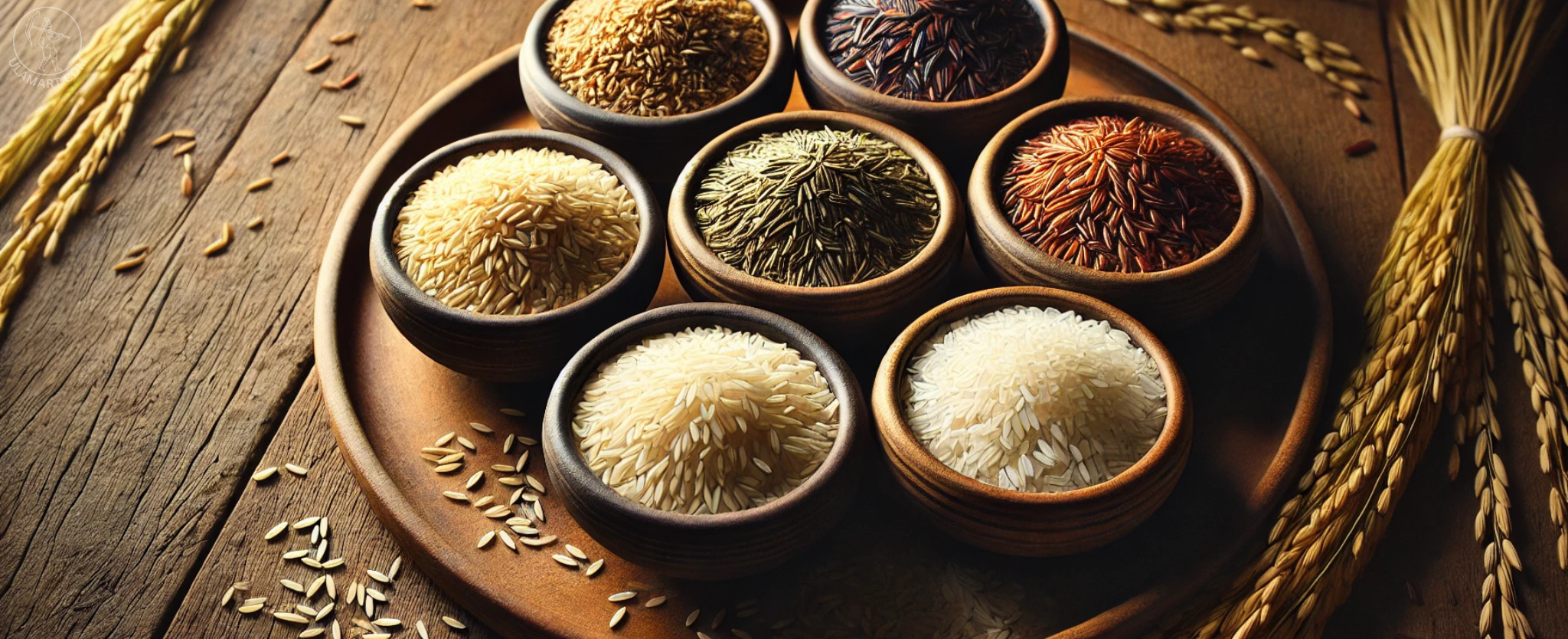What is Organic Food?
Organic food is the outcome of agricultural practices that revolve around organic farming techniques. These methods are grounded in sustainability, harmonizing with nature, and steering clear of synthetic fertilizers, genetically modified organisms (GMOs), pesticides, and antibiotics. Organic farmers place a premium on soil health, biodiversity, and conservation while managing crop cultivation and livestock rearing, all in pursuit of ecological equilibrium.
1. The Use of Organic Food: What’s In It for You?
2. The Limitations of Organic Food: What You Should Consider
1. The Use of Organic Food: What’s In It for You?

-
Reduced Exposure to Pesticides:
Choosing organic significantly lowers your intake of synthetic pesticides, which are linked to various health issues.
Research, such as a study published in the journal “Environmental Health Perspectives,” has shown that organic diets can lead to lower levels of pesticide metabolites in urine, suggesting a reduced internal pesticide load.
-
Nutritional Benefits:
Emerging research suggests that organic produce can offer nutritional advantages.
For instance, a study in the “Journal of Agricultural and Food Chemistry” found that organic berries and corn contained 58% more antioxidants and up to 52% higher levels of vitamin C than their conventionally grown counterparts, potentially offering health benefits like improved immune function and reduced risk of chronic diseases.
-
Supporting the Environment:

Organic farming’s impact on soil and water conservation is profound. By avoiding synthetic fertilizers and pesticides, organic farms reduce pollution and soil degradation, enhancing biodiversity.
The Rodale Institute’s Farming Systems Trial, a long-term study, has demonstrated that organic farming can use 45% less energy and contribute significantly to carbon sequestration, highlighting its role in mitigating climate change.
-
Animal Welfare:
Organic standards ensure that animals are raised in conditions that allow for natural behaviors, such as grazing and foraging, leading to improved health and welfare.
For example, organic dairy cows often have higher welfare scores and lower incidence of diseases like mastitis, as reported by studies comparing conventional and organic dairy farms.
-
Better Taste and Quality:
Organic products are known to have a more authentic and robust flavor, which is attributed to the natural and diverse ecosystem that organic farming encourages. The emphasis on healthy soil and natural cultivation methods can result in products that genuinely capture the essence of their original flavors.
-
Reduced Antibiotic and Hormone Intake:

Organic animal products, such as meat, dairy, and eggs, come from livestock that are raised without the use of antibiotics or synthetic hormones. By choosing organic animal products, you reduce your exposure to these substances and support farming practices that prioritize the long-term health of animals and the potential prevention of antibiotic resistance.
-
Potential Allergen Minimization:
Organic food production may help reduce the likelihood of certain allergen exposure. Organic practices often avoid genetically modified organisms (GMOs) and synthetic additives, which could be beneficial for individuals with sensitivities or allergies to specific ingredients commonly used in conventional food production.
-
Preserving Soil Health:
Organic farming methods prioritize soil health by utilizing techniques like composting, cover cropping, and reduced soil disturbance. These practices contribute to enhanced soil structure, increased microbial diversity, and better nutrient retention. Healthy soils are not only essential for crop growth but also play a significant role in mitigating climate change through carbon sequestration.
2. The Limitations of Organic Food: What You Should Consider:
-
Higher Cost:
Organic food often comes with a higher price tag due to the labor-intensive nature of organic farming and the reduced economies of scale compared to conventional farming. The increased cost reflects the careful attention to detail required for organic practices, including manual weed control and natural pest management.
-
Limited Availability and Variety:
Depending on your location, you may notice that the availability and variety of organic products are not as extensive as conventionally produced items. Although organic options have become more widespread, certain regions may still face limitations in terms of the range of organic produce available. This is precisely why we launched Ulamart, our organic store. It allows people all over India who love organic food to conveniently order their essentials through our website and mobile apps.
-
Not Always Pesticide-Free:
While organic farming avoids the use of synthetic pesticides, it does permit the use of certain approved natural pesticides. Thus, organic does not always mean completely pesticide-free. It’s important to recognize that “organic” pesticides are carefully regulated and generally considered to be less harmful to human health and the environment compared to synthetic ones.
3. Making Informed Choices:
Balancing concerns about pesticide exposure, nutritional content, and environmental impact with budget and accessibility considerations is key.
Utilizing resources like the Environmental Working Group’s “Dirty Dozen” and “Clean Fifteen” lists can help prioritize organic purchases where they matter most.
The choice to go organic is multifaceted, encompassing health, environmental, and ethical considerations.
As the sector evolves, it continues to offer promising avenues for sustainable consumption. Whether fully embracing organic or integrating select organic products into your diet, each step towards organic supports a vision of agriculture that values health, the environment, and future generations.



